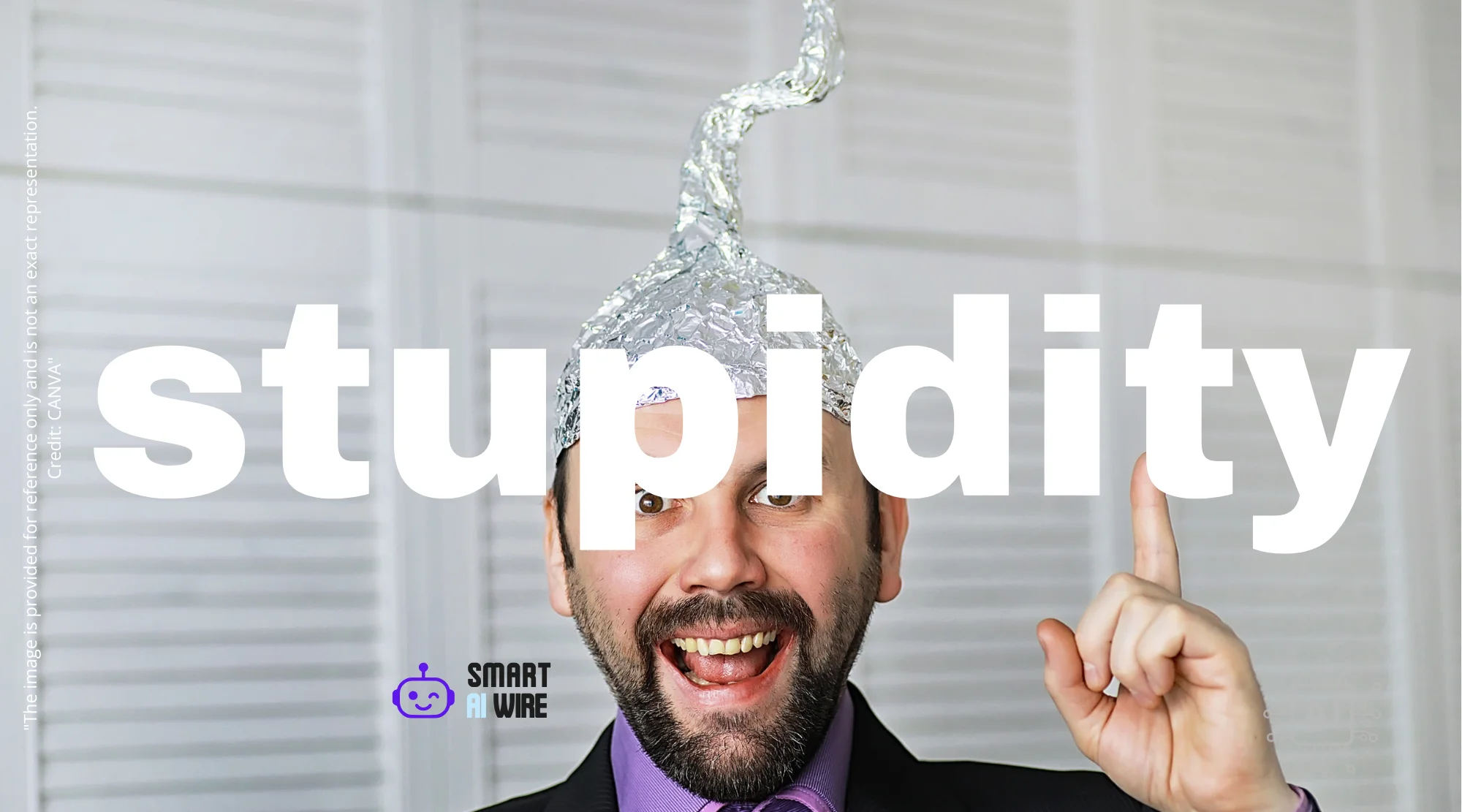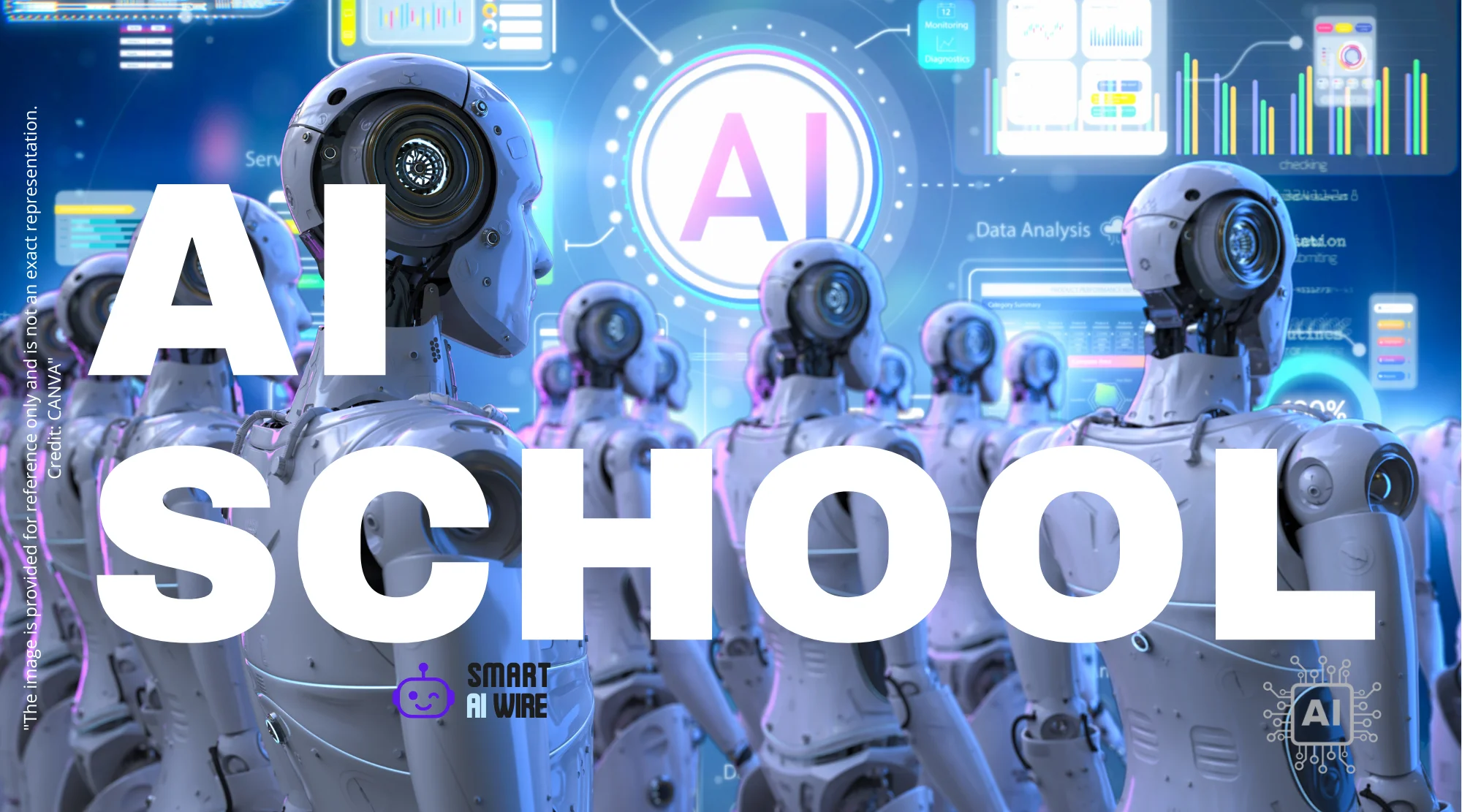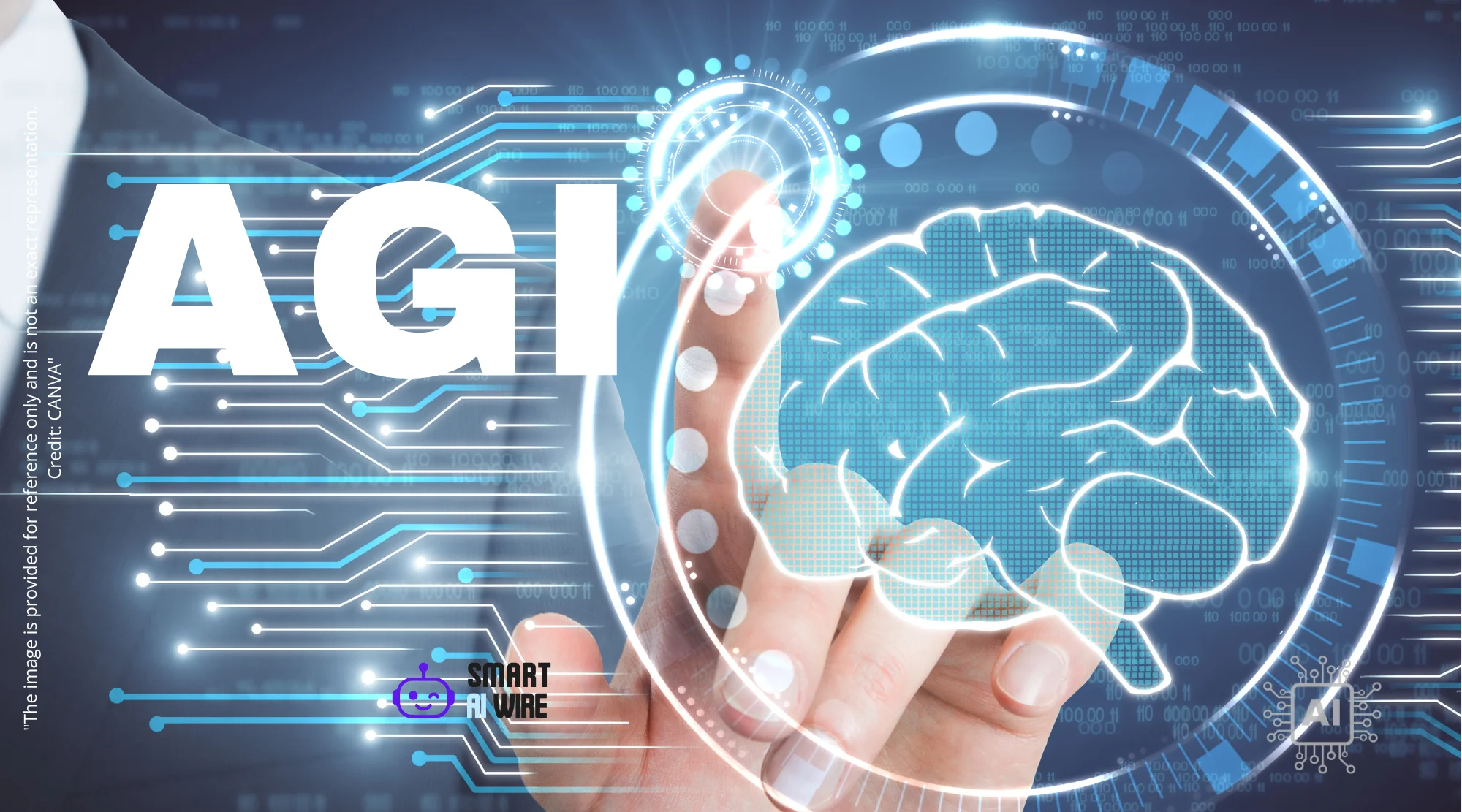The rise of AI in content creation is sparking both excitement and anxiety among creators. MrBeast, one of the world’s highest-paid YouTubers, recently voiced his concerns about the potential impact of AI-generated videos on the future of online content and the livelihoods of creators. With AI video generation tools becoming increasingly sophisticated and accessible, the question arises: how will this technology reshape the creative landscape and what does it mean for the future of content creation?
The AI Content Creation Revolution: A Double-Edged Sword
Artificial intelligence is rapidly transforming various industries, and content creation is no exception. Tools like OpenAI’s Sora and mobile apps enabling AI-powered video generation are democratizing the creation process. This accessibility offers opportunities for individuals and businesses to produce high-quality content without significant financial investment or technical expertise. However, this ease of creation also raises concerns about authenticity, originality, and the potential for an oversaturation of AI-generated content.

The ability to generate realistic videos and audio using AI raises fundamental questions about the value of human creativity and the future role of content creators. While AI can assist with tasks like scriptwriting, video editing, and thumbnail creation, the core elements of storytelling, emotional connection, and unique perspectives still rely heavily on human input.
MrBeast’s Concerns: A Reflection of the Creator Community
MrBeast’s apprehension about AI in content creation resonates with many in the creator community. His experience with an AI-powered YouTube thumbnail generator, which he later retracted due to community concerns, highlights the delicate balance between embracing technological advancements and respecting the values and expectations of the audience. The potential for AI to displace human artists and creators is a real fear, particularly for those who rely on online content for their income.
The concern extends beyond just job security. Many worry about the potential for AI to erode the authenticity and originality of online content. As AI-generated videos become more prevalent, it may become increasingly difficult for viewers to distinguish between human-created and AI-generated content, leading to a loss of trust and engagement.
The Rise of AI-Powered Content Platforms
The rapid adoption of AI in content creation is evident in the emergence of platforms like Vibes, Meta’s AI video generation tool, and the increasing popularity of VTubers, AI-generated avatars that are gaining millions of subscribers. These trends suggest that AI-generated content is not just a niche phenomenon but a growing force in the online world.
The success of VTubers like Bloo, who has generated millions in revenue, demonstrates the potential for AI-generated characters to connect with audiences and generate significant income. Similarly, the case of Caryn Marjorie, who created an AI version of herself to monetize virtual conversations, illustrates the economic possibilities of AI-powered content.
Opportunities and Challenges of AI in Content Creation
While concerns about job displacement and authenticity are valid, AI also presents significant opportunities for content creators and businesses. AI tools can automate tedious tasks, allowing creators to focus on more creative and strategic aspects of their work. AI can also personalize content recommendations, improve audience engagement, and generate new revenue streams.
Furthermore, AI can democratize access to content creation, providing individuals with limited resources the ability to produce high-quality videos, images, and audio. This can level the playing field and allow new voices and perspectives to emerge. Amjad Hanif, a YouTube executive, believes that AI “can help to level the playing field” between established creators and newcomers.
However, it’s crucial to address the ethical and societal implications of AI in content creation. This includes developing strategies to combat misinformation, protect intellectual property, and ensure transparency about the use of AI in content creation.
The Future of Content Creation: A Hybrid Approach
The future of content creation is likely to involve a hybrid approach that combines the strengths of both human creativity and artificial intelligence. AI can serve as a powerful tool to assist creators, but it cannot replace the human element of storytelling, emotional connection, and unique perspectives.
As AI continues to evolve, it’s essential for creators to adapt and learn how to leverage these technologies effectively. This may involve learning new skills, experimenting with different AI tools, and finding ways to integrate AI into their existing workflows. Ultimately, the creators who can successfully combine human creativity with AI-powered tools will be best positioned to thrive in the future of content creation.
External Link: Explore the latest developments in AI on Wired.
External Link: Learn more about OpenAI’s research and deployments on their official website OpenAI.
Internal Link: Read more about how AI is changing business processes AI in Business: Navigating Legislation & Optimizing Processes.
Navigating the AI Revolution in Content
The rise of AI in content creation presents both challenges and opportunities. While concerns about job displacement and authenticity are legitimate, AI also offers the potential to democratize access to content creation, automate tedious tasks, and enhance creative workflows. The future of content creation will likely involve a hybrid approach, where human creativity is augmented by AI-powered tools. By embracing these technologies and addressing the ethical and societal implications, creators can navigate the AI revolution and shape the future of online content.



